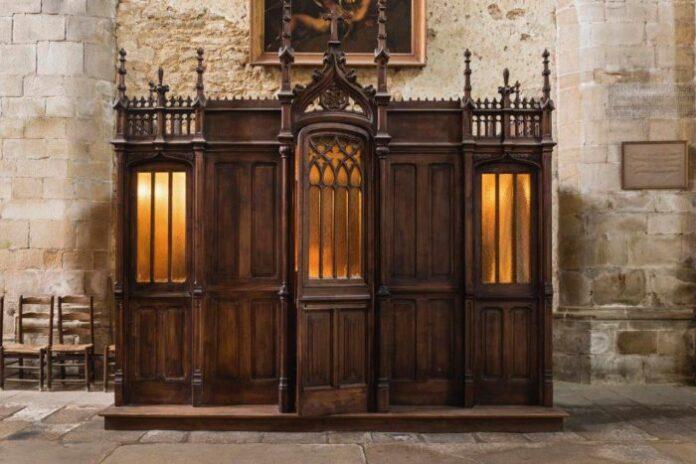
Proposed legislation seeks to repeal clergy-penitent protections in at least two US states, targetting Confessional Seal Protection.
Newsroom (28/01/2025 10:01, Gaudium Press) Montana and Washington are among the states seeking to compel clergy to disclose abuse revealed to them in the context of the sacrament of reconciliation or similar confidential pastoral settings in other faith traditions. the move challenges Confessional Seal Protection.
Confessional Seal Protection at Risk in Montana & Washington
New legislative proposals in Montana and Washington aim to override confessional seal protection, requiring clergy to disclose abuse revealed in the sacrament of reconciliation. This has sparked opposition from Catholic leaders, who emphasize the inviolability of confession as essential to Church doctrine.
State Bills Targeting Clergy-Penitent Privilege
In Washington, Sen. Noel Frame introduced a bill mandating clergy to report abuse confessed in confession or pastoral counseling. Similar past efforts failed, but the latest bill seeks to force disclosure while allowing clergy to abstain from testifying in court cases.
In Montana, Sen. Mary Dunwell introduced SB 139, which would remove existing legal exemptions protecting clergy from reporting confidential confessions. Montana law currently acknowledges that confidentiality is governed by canon law, church doctrine, and religious practice, but this bill seeks to eliminate those protections.
Dunwell defended her proposal, stating:
“This is about civil and criminal laws, not canon law. Absolution is still possible without secrecy.”
Catholic Church’s Stance on Confessional Seal Protection
Fr. John Paul Kimes, a canon law expert at Notre Dame Law School, underscored the absolute nature of confessional seal protection, citing Canon 983.1:
“The sacramental seal is inviolable. It is absolutely forbidden for a confessor to betray a penitent in words or any manner for any reason.”
Canon law further prohibits using knowledge from confession to harm a penitent (Canon 984). Fr. Kimes described the potential breach of the seal as “nefas”, a Latin term meaning “horrible, despicable, unthinkable.”
Religious Freedom and Legal Precedents
The conflict between civil law and confessional seal protection has deep historical roots. The first known U.S. case addressing this issue, People v. Philips (1813), ruled in favor of protecting priest-penitent privilege.
New York Mayor DeWitt Clinton stated at the time:
“Secrecy is of the essence of penance. To force priests to disclose penitents’ confessions would, in effect, declare that there shall be no penance.”
Unresolvable Conflict Between Civil and Canon Law
Fr. Kimes describes the situation as an “unresolvable conflict”:
- Civil law assigns privilege to the penitent.
- Canon law asserts that the seal of confession belongs to the sacrament itself and cannot be broken under any circumstances.
He emphasized that the confessional seal exists to allow all penitents—regardless of their sins—to seek repentance freely.
“The sacrament itself encourages penitents to report crimes, but a priest cannot require it.”
Vatican Reinforces the Seal of Confession
In 2019, the Vatican’s Apostolic Penitentiary reaffirmed that the confessional seal is absolute, stating:
“The inviolable secrecy of Confession comes directly from divine law and admits no exception in the ecclesial or civil sphere.”
While priests may encourage penitents to report crimes, they cannot make absolution conditional on self-reporting.
Implications for Religious Freedom
These proposed laws raise concerns about government overreach into religious practices. Catholic leaders warn that eroding confessional seal protection could violate First Amendment rights, leading to further intrusions into religious sacraments and traditions.
As debates over religious freedom and legal obligations continue, the Catholic Church remains firm: confession must remain confidential, as it has for centuries.
- Raju Hasmukh with files from OSV News


